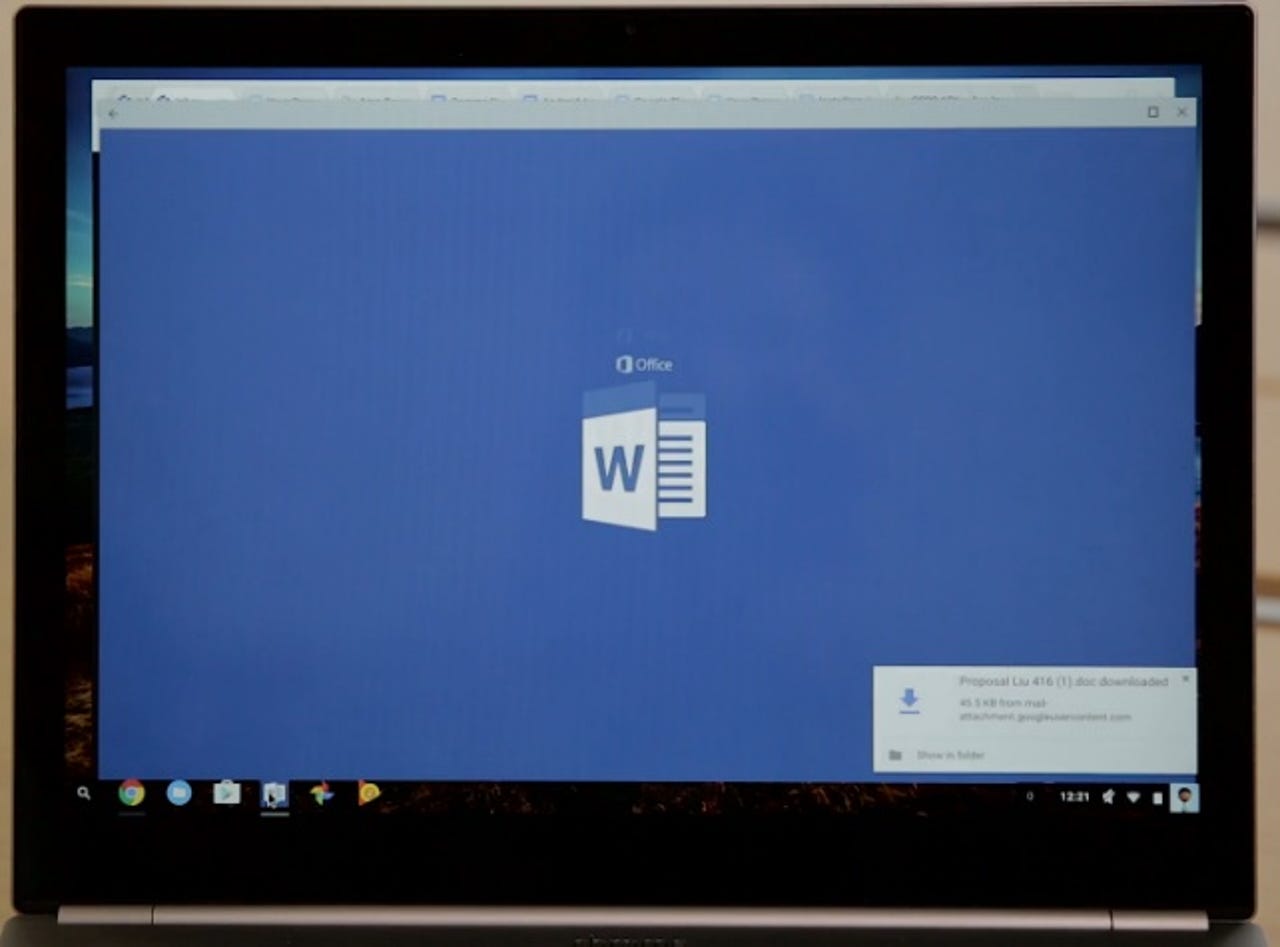Google I/O: With Android apps and Play Store, Chromebooks mean business at last


Image: File photo
Android applications -- more than one million of them -- are coming to Google's Chromebooks and the move is likely to make those inexpensive devices more appealing to corporations.
Google I/O
At Google I/O, Google outlined plans to bring its Android Play Store to Chromebooks. On the surface, it appears that Google is taking a small step toward merging Android and Chrome OS, which is used for PCs. The reality is a bit more nuanced. Google's move is akin to Apple tightening the links between OS X on the Mac and iOS on the iPad and iPhone. Microsoft has been the only tech giant to try a universal approach with an OS.
That big picture debate about universal apps, merging code bases and how mobile and PC operating systems should merge can be tabled for another day.
The real implications of bringing Android apps to Chromebooks provide some interesting scenarios for businesses.
For instance, Chromebooks are fine inexpensive computing devices, but you previously were tethered to Google's world. Chromebooks were fine if your business used Google Apps. If you used Microsoft's Office you had limitations. Google Apps simply can't run apps on Windows.
Now that the Android apps are tied into the Chrome OS a business has a backdoor to their Windows applications. Microsoft's office on Android works well. Other enterprise applications are also on Android. These applications weren't available on Chromebooks. Now the Chromebook is much more useful as a productivity tool and can work better offline via the Android apps.
Image: File photo
In addition, any custom enterprise application that runs on an Android app will now work on a Chromebook.
The other thread here to ponder is how Google is completing a cloud stack for businesses. On the infrastructure side, Google has its Cloud Platform. Google Apps ride shotgun for productivity. Android devices round out the small screen options, but Chromebooks fell a bit short. Coupling Android and the ChromeOS enables Chromebooks to be a more viable competitor to Windows as well as Apple's iOS.
In an industry like education, the ability to run Android apps could have an immediate impact. 3D games and simulations will be available. In practice, the Android meets Chromebook approach works best with a touch screen device and the latest hardware.
Google noted that roughly half of the Chromebooks launched in the last two years will have access to the Google Play Store. Enterprises that invested already in older Chromebooks may be out of luck.